Kizhi- A Concise Introduction to the Famous Therapy
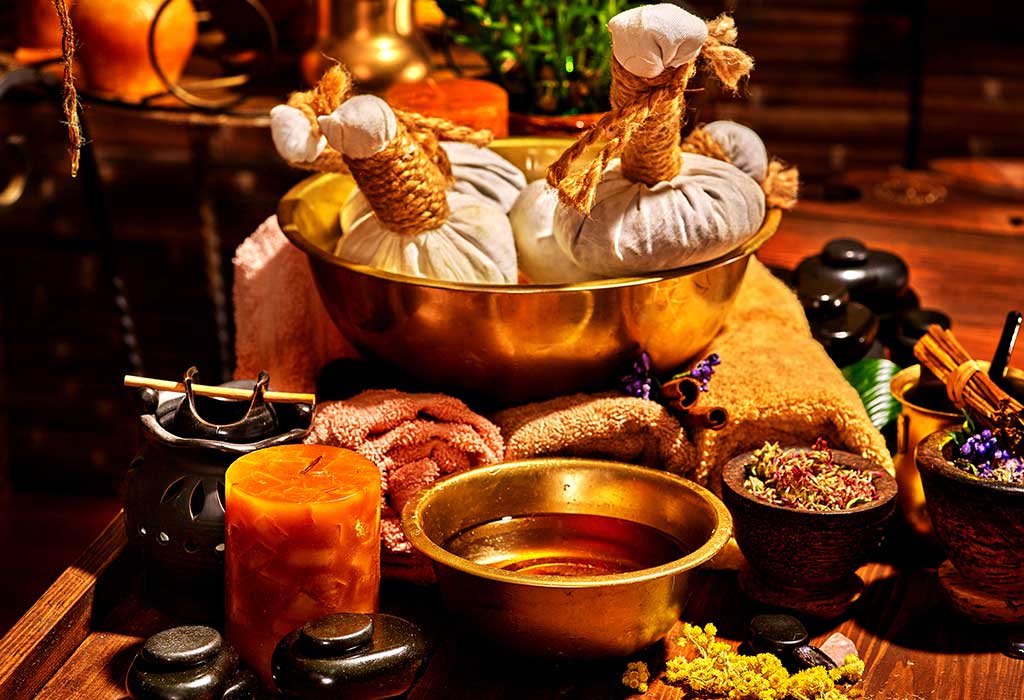
Kizhi is one of the most significant treatment modalities of paramount importance in the field of Ayurveda. Poultices (Kizhi) contain a bolus (small round mass) of drugs that are warmed up and massaged all over the body or on specific areas in coordinated strokes by therapists.
‘Sweda’ means ‘to induce sweating’. The process of inducing sweating is called Swedana (Sudation).
SIGNIFICANCE OF KIZHI
According to Ayurveda, the purpose of practicing Kizhi is to increase perspiration. It is done from limb to trunk. The importance of this technique is that by sweating or giving heat to the limbs, irritated Doshas (toxins) are dissolved and sent to the Gastrointestinal tract by synchronized stroking through Kizhi.
Materials used in Kizhi
- Choornas or Medicated Powders eg. Kottamchukkadi Choornam
- Suitable leaves eg. Arka (Calotropis gigantea), Eranda ( Castor leaves), Drumstick leaves, Tamarind leaves
- Sand
- Rock Salt
- Shali Shashtika rice (Oryza sativa)
Types of Kizhi
- Patra Potali Swedana / Elakizhi – Leaves used
- Choorna Pinda Sweda / Podikizhi- Medicated powders used
- Valuka Sweda- Sand used
- Shashtika Shali Pinda Sweda/ Njavara Kizhi- Medicated rice used.
Indications of Kizhi
| Osteoarthritis | Intervertebral Disc Prolapse |
| Frozen Shoulder | Ankylosing Spondylitis |
| Cervical Spondylosis | Hemiplegia |
| Rheumatoid Arthritis | Sciatica |
Contraindications of Kizhi
| Fever | Hemorrhagic Conditions |
| Skin Disorders like Psoriasis | Rhinitis |
| Diarrhoea | Anemia |
| Pregnant Patients | Diabetic Patients |
| Excessive Thirst |
ELAKIZHI OR PATRA POTALI PINDA SWEDAM
Elakizhi is the term for the coordinated application of heat by therapists using poultices (Kizhi) made of appropriate Ayurvedic leaves.
Ingredients used in Elakizhi: Leaves (Calotropis, Tamarind, Castor, Drumstick leaves etc) , Neem Oil or Sesame Oil, Grated Coconut, Lemon

Indications of Elakizhi
| Frozen Shoulder | Rheumatoid Arthritis |
| Fibromyalgia | Cervical Spondylosis |
| Intervertebral Disc Disorders | Pain and Inflammation |
Contraindications of Elakizhi
- Fever
- Rhinitis
- Skin Disorders like Psoriasis
- Pregnant Women
- Hemorrhagic Disorders
Procedure in brief
The patient is instructed to lie down on his back and suitable oil is applied all over the body. Kizhi is then heated over a mild fire as per the patient’s comfort and then massaged all over the body by Therapists.
Signs of Proper Swedana
- Appearance of sweat
- Relief from pain and inflammation
- Reduction in stiffness
- Reduction in the feeling of heaviness
PODIKIZHI
The application of warm Poultices (Kizhi) containing Medicated Ayurvedic Powders in the form of massage is called Podikizhi. The mode of application is almost similar to that of Elakizhi.
Ingredients- Ayurvedic Powdered drugs suiting patients’ condition eg Kolakulatthadi Choornam, Kottamchukkadi Choornam, Jadamayadi Choornam
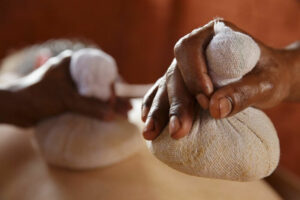
Indications of Podikizhi
| Hemiplegia and Quadriplegia | Pain and Inflammation |
| Sciatica | Obesity |
| Gout | Osteoarthritis |
| Bursitis | Coccydynia- Tail bone pain |
| Rheumatoid Arthritis | Frozen Shoulder |
| Fibromyalgia | Cervical Spondylosis |
| Intervertebral Disc Disorders |
Contraindications of Podikizhi
- Fever
- Rhinitis
- Skin Disorders like Psoriasis
- Pregnant Women
- Hemorrhagic Disorders
Procedure in brief
The patient is instructed to lie down on his back and suitable oil is applied all over the body. Kizhi is then heated over a mild fire as per the patient’s comfort and then massaged all over the body by Therapists.
Signs of Proper Sudation
- Appearance of sweat
- Relief from pain and inflammation
- Reduction in stiffness
- Reduction in the feeling of heaviness
- Liking cold places
NJAVARA KIZHI
Njavara Kizhi or Shali Shashtika Pinda Swedanam is the name of the therapeutic technique in which warm medicated rice pudding-filled poultices (Kizhi) are rubbed and massaged all over the body to promote strength and vitality.
Ingredients
- Shali Rice
- Decoction of roots of Sida cordifolia plant
- Milk
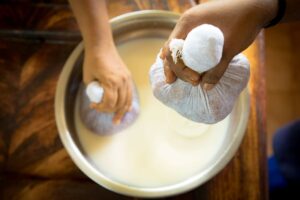
Indications of Njavara Kizhi
| Diseases of the Nervous System | Spinal Cord Degeneration |
| Cervical Myelopathy | Muscular Dystrophy |
| Disorders leading to Emaciation | Restless Leg Syndrome |
| Rheumatism | Disorders of Joints |
| Carpel Tunnel Syndrome | Demyelination Palsy |
| Multiple Sclerosis | Spondylosis |
Contraindications of Njavara Kizhi
- Acute Fever
- Inflammatory and Painful conditions
- Diarrhoea
- Respiratory disorders like Cough, Difficulty in breathing, Infections
- Skin disorders
Procedure in brief
The patient who is eligible for Njavara Kizhi is instructed to lie down on the treatment table. Medicated oil is applied and massaged over the head and body. Warm poultices (Kizhi) containing Shali rice pudding dipped in a mixture of milk and decoction are then massaged all over the body. After the procedure, excess rice pudding is scraped away. The body is again massaged with oil and then the patient is covered with a blanket and advised to rest. After ample resting, the patient is then advised to take a bath in lukewarm water.
CAUTION: All medications described here are being used solely for educational reasons. This does not replace seeking expert medical advice. Before using any drugs, please seek the advice of a licensed Ayurvedic practitioner. Please keep out of the reach of children.
Click here to know more about Udwarthanam.


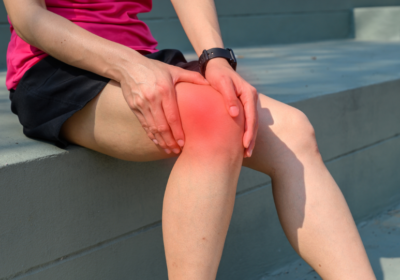
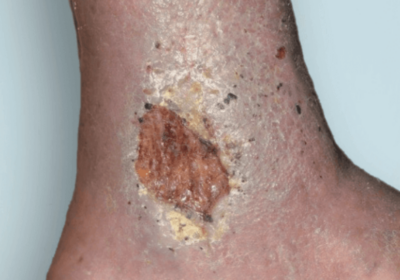
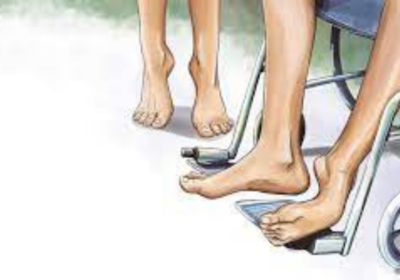
Leave a Reply
You must be logged in to post a comment.